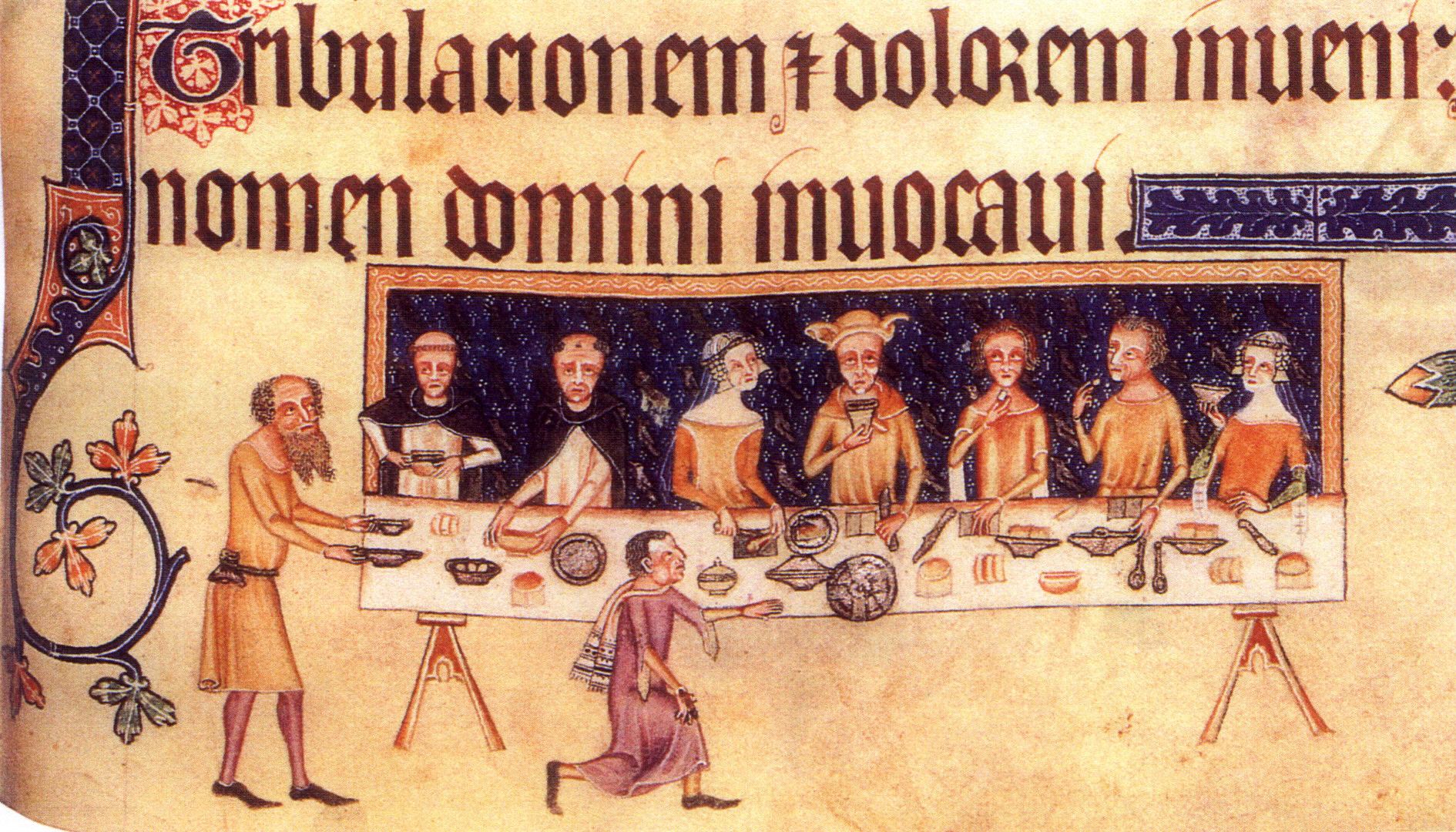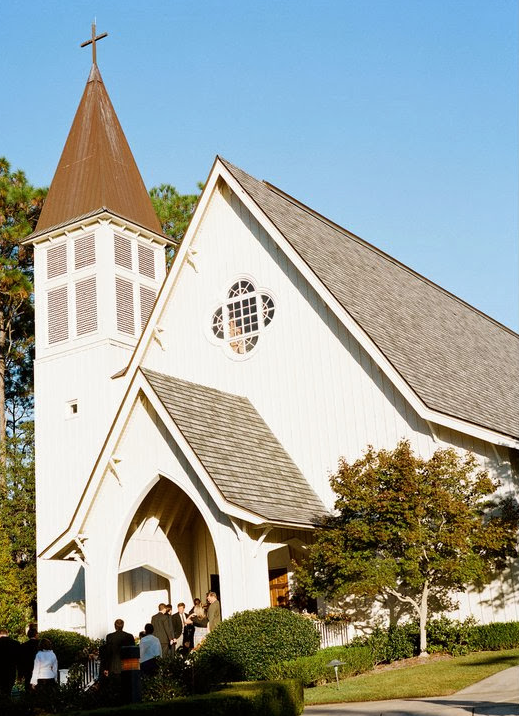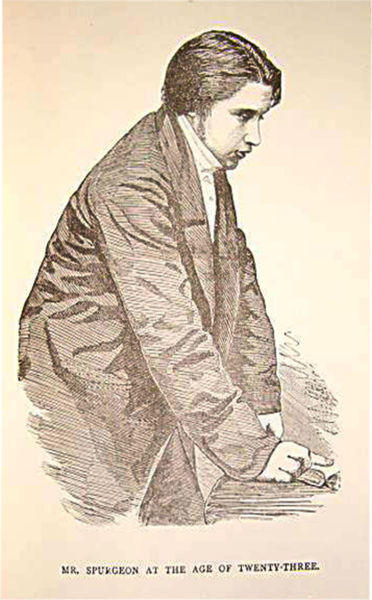|
Psalm 27
Psalm 27 is the 27th psalm of the Book of Psalms, beginning in English in the King James Version: "The LORD is my light and my salvation; whom shall I fear?". The Book of Psalms is part of the third section of the Hebrew Bible, and a book of the Christian Old Testament. In the slightly different numbering system used in the Greek Septuagint and Latin Vulgate translations of the Bible, this psalm is Psalm 26. In Latin, it is known as "Dominus illuminatio mea". The psalm forms a regular part of Jewish, Catholic, Lutheran, Anglican and Nonconformist Protestant liturgies. It has been set to music by Marc-Antoine Charpentier and Frances Allitsen among others. Text Hebrew text The following table shows the Hebrew text of the Psalm with vowels alongside an English translation based upon the JPS 1917 translation (now in the public domain). King James Bible translation # The LORD is my light and my salvation; whom shall I fear? the LORD is the strength of my life; of whom sha ... [...More Info...] [...Related Items...] OR: [Wikipedia] [Google] [Baidu] |
Luttrell Psalter
The Luttrell Psalter (British Library, Add MS 42130) is an illuminated psalter commissioned by Sir Geoffrey Luttrell (1276–1345), lord of the manor of Irnham in Lincolnshire, written and illustrated on parchment ''circa'' 1320–1340 in England by anonymous scribes and artists. Along with the psalms (beginning on folio 13 r.), the Luttrell Psalter contains a calendar (1 r.), canticles (259 v.), the Mass (283 v.) and an antiphon for the dead (295 r.). The pages vary in their degree of illumination, but many are richly covered with both decorated text and marginal pictures of saints and Bible stories, and scenes of rural life. It is considered one of the richest sources for visual depictions of everyday rural life in medieval England, even though the last folio is now lost. The Psalter was acquired by the British Museum in 1929 for £31,500 from Mary Angela Noyes, wife of the poet Alfred Noyes, with the assistance of an interest-free loan from the American millionaire and art colle ... [...More Info...] [...Related Items...] OR: [Wikipedia] [Google] [Baidu] |
King David
David (; , "beloved one") (traditional spelling), , ''Dāwūd''; grc-koi, Δαυΐδ, Dauíd; la, Davidus, David; gez , ዳዊት, ''Dawit''; xcl, Դաւիթ, ''Dawitʿ''; cu, Давíдъ, ''Davidŭ''; possibly meaning "beloved one". was, according to the Hebrew Bible, the third king of the United Kingdom of Israel. In the Books of Samuel, he is described as a young shepherd and harpist who gains fame by slaying Goliath, a champion of the Philistines, in southern Canaan. David becomes a favourite of Saul, the first king of Israel; he also forges a notably close friendship with Jonathan, a son of Saul. However, under the paranoia that David is seeking to usurp the throne, Saul attempts to kill David, forcing the latter to go into hiding and effectively operate as a fugitive for several years. After Saul and Jonathan are both killed in battle against the Philistines, a 30-year-old David is anointed king over all of Israel and Judah. Following his rise to power, David ... [...More Info...] [...Related Items...] OR: [Wikipedia] [Google] [Baidu] |
Folio 92v - Psalm XXVI
The term "folio" (), has three interconnected but distinct meanings in the world of books and printing: first, it is a term for a common method of arranging sheets of paper into book form, folding the sheet only once, and a term for a book made in this way; second, it is a general term for a sheet, leaf or page in (especially) manuscripts and old books; and third, it is an approximate term for the size of a book, and for a book of this size. First, a folio (abbreviated fo or 2o) is a book or pamphlet made up of one or more full sheets of paper, on each of which four pages of text are printed, two on each side; each sheet is then folded once to produce two leaves. Each leaf of a folio book thus is one half the size of the original sheet. Ordinarily, additional printed folio sheets would be inserted inside one another to form a group or "gathering" of leaves prior to binding the book. Second, folio is used in terms of page numbering for some books and most manuscripts that a ... [...More Info...] [...Related Items...] OR: [Wikipedia] [Google] [Baidu] |
Psalm 26
Psalm 25, the 25th psalm of the Book of Psalms in the Bible, begins (in the King James Version): "Judge me, O LORD; for I have walked in mine integrity". The Book of Psalms is part of the third section of the Hebrew Bible, and a book of the Christian Old Testament. In the slightly different numbering system used in the Greek Septuagint and Latin Vulgate translations of the Bible, this psalm is Psalm 25. In Latin, it is known as "Iudica me Domine". The psalm is attributed to David by its sub-title. Albert Barnes argues that "there is no reason to doubt the correctness of the superscription", but according to Charles and Emilie Briggs, it is to be dated within the Persian period (539 to 333 BCE). The Briggs describe the psalm as They add that the "elements of prayer and worship" in verses 9 to 11 are additions by a later editor. The psalm forms a regular part of Jewish, Catholic, Lutheran, Anglican and Nonconformist Protestant liturgies. Text Hebrew Bible version The f ... [...More Info...] [...Related Items...] OR: [Wikipedia] [Google] [Baidu] |
Fairhope, Alabama
Fairhope is a city in Baldwin County, Alabama, United States, located on the eastern shoreline of Mobile Bay. The 2020 Census lists the population of the city as 22,477. Fairhope is a principal city of the Daphne-Fairhope-Foley metropolitan area, which includes all of Baldwin County. History Fairhope was founded in November 1894 on the site of the former Alabama City as a Georgist "Single-Tax" colony by the Fairhope Industrial Association, a group of 28 followers of economist Henry George who had incorporated earlier that year in Des Moines, Iowa. Their corporate constitution explained their purpose in founding a new colony: In forming their demonstration project, they pooled their funds to purchase land at "Stapleton's pasture" on the eastern shore of Mobile Bay and then divided it into a number of long-term leaseholds. The corporation paid all governmental taxes from rents paid by the lessees, thus simulating a single-tax. The purpose of the single-tax colony was t ... [...More Info...] [...Related Items...] OR: [Wikipedia] [Google] [Baidu] |
Significance Of Numbers In Judaism , part of a number in floating-point representation
{{disambiguation ...
Significance is a synonym for importance. It can also refer to: * ''Significance'' (magazine), a magazine published by the Royal Statistical Society and the American Statistical Association * Significance (policy debate), a stock issue in policy debate * Significant figures or significant digits, the precision of a numerical value * Statistical significance, the extent to which a result is unlikely to be due to chance alone See also * Meaning (other) * Significand The significand (also mantissa or coefficient, sometimes also argument, or ambiguously fraction or characteristic) is part of a number in scientific notation or in floating-point representation, consisting of its significant digits. Depending on ... [...More Info...] [...Related Items...] OR: [Wikipedia] [Google] [Baidu] |
Hebrew
Hebrew (; ; ) is a Northwest Semitic language of the Afroasiatic language family. Historically, it is one of the spoken languages of the Israelites and their longest-surviving descendants, the Jews and Samaritans. It was largely preserved throughout history as the main liturgical language of Judaism (since the Second Temple period) and Samaritanism. Hebrew is the only Canaanite language still spoken today, and serves as the only truly successful example of a dead language that has been revived. It is also one of only two Northwest Semitic languages still in use, with the other being Aramaic. The earliest examples of written Paleo-Hebrew date back to the 10th century BCE. Nearly all of the Hebrew Bible is written in Biblical Hebrew, with much of its present form in the dialect that scholars believe flourished around the 6th century BCE, during the time of the Babylonian captivity. For this reason, Hebrew has been referred to by Jews as ''Lashon Hakodesh'' (, ) since ... [...More Info...] [...Related Items...] OR: [Wikipedia] [Google] [Baidu] |
Herman Nicolaas Ridderbos
Herman Nicolaas Ridderbos (13 February 1909 – 8 March 2007) was a Dutch theologian and biblical scholar. He was an important New Testament theologian, having worked extensively on the history of salvation (''Heilsgeschichte'') and biblical theology. Ridderbos was born in Hennaarderadeel, Friesland, Netherlands. His father, Jan Ridderbos, was an ordained minister in the Reformed Churches in the Netherlands, a biblical commentator, and professor of Old Testament at the Theological School of the Reformed Churches of the Netherlands in Kampen. Herman Ridderbos completed his undergraduate studies there, and did his post-graduate work at the Free University of Amsterdam under F. W. Grosheide, qualifying for his doctorate in 1936. In 1943, after serving as a pastor for eight years, Ridderbos was appointed to the post of Professor of New Testament Studies at Kampen, succeeding Seakle Greijdanus who had been one of his professors. He served there for over forty years.. Works These ar ... [...More Info...] [...Related Items...] OR: [Wikipedia] [Google] [Baidu] |
New American Bible, Revised Edition
New is an adjective referring to something recently made, discovered, or created. New or NEW may refer to: Music * New, singer of K-pop group The Boyz Albums and EPs * ''New'' (album), by Paul McCartney, 2013 * ''New'' (EP), by Regurgitator, 1995 Songs * "New" (Daya song), 2017 * "New" (Paul McCartney song), 2013 * "New" (No Doubt song), 1999 *"new", by Loona from '' Yves'', 2017 *"The New", by Interpol from ''Turn On the Bright Lights'', 2002 Acronyms * Net economic welfare, a proposed macroeconomic indicator * Net explosive weight, also known as net explosive quantity * Network of enlightened Women, a conservative university women's organization * Next Entertainment World, a South Korean film distribution company Identification codes * Nepal Bhasa language ISO 639 language code * New Century Financial Corporation (NYSE stock abbreviation) * Northeast Wrestling, a professional wrestling promotion in the northeastern United States Transport * New Orleans Lakefront ... [...More Info...] [...Related Items...] OR: [Wikipedia] [Google] [Baidu] |
Doeg The Edomite
Doeg ( ''Dō’ēg'') was an Edomite, chief herdsman to Saul, King of Israel. He is mentioned in the Hebrew Bible book of First Samuel, chapters 21 and 22, where he is depicted as an antagonist of David responsible for the deaths of a large number of priests. Biblical account After parting from Jonathan, David fled from Saul's jealous anger and hid in Nob. He went to Ahimelech, the High Priest, claiming to be on a clandestine royal mission. Ahimelech fed David and his men with the showbread, and gave David the sword of Goliath. By doing this, David endangered Ahimelech's life, since Doeg was present ("detained before the Lord") and witnessed Ahimelech's service to David (). Later, Saul asked about the whereabouts of David, prompting Doeg to respond: :''Then answered Doeg the Edomite, which was set over the servants of Saul, and said, I saw the son of Jesse coming to Nob, to Ahimelech the son of Ahitub.'' () Therefore, Saul summoned Ahimelech and his entire company, asking h ... [...More Info...] [...Related Items...] OR: [Wikipedia] [Google] [Baidu] |
Charles Spurgeon
Charles Haddon Spurgeon (19 June 1834 – 31 January 1892) was an English Particular Baptist preacher. Spurgeon remains highly influential among Christians of various denominations, among whom he is known as the "Prince of Preachers". He was a strong figure in the Reformed Baptist tradition, defending the 1689 London Baptist Confession of Faith, and opposing the liberal and pragmatic theological tendencies in the Church of his day. Spurgeon was pastor of the congregation of the New Park Street Chapel (later the Metropolitan Tabernacle) in London for 38 years. He was part of several controversies with the Baptist Union of Great Britain and later he left the denomination over doctrinal convictions. While at the Metropolitan Tabernacle he built an Almshouse, the Stockwell Orphanage and encouraged his congregation to engage actively with the poor of Victorian London. He also founded Spurgeon's College, which was named after him posthumously. Spurgeon authored sermons, ... [...More Info...] [...Related Items...] OR: [Wikipedia] [Google] [Baidu] |






